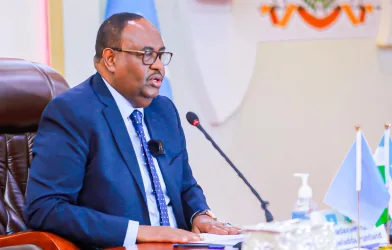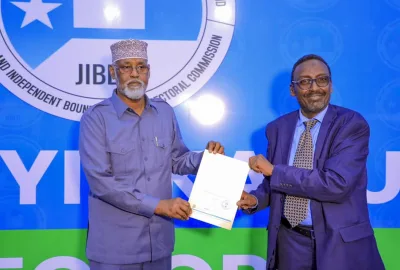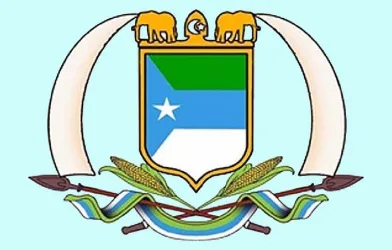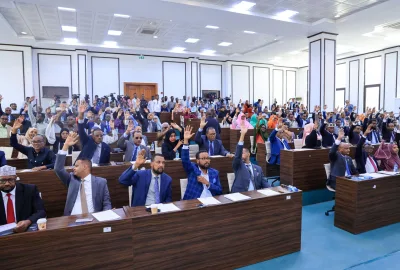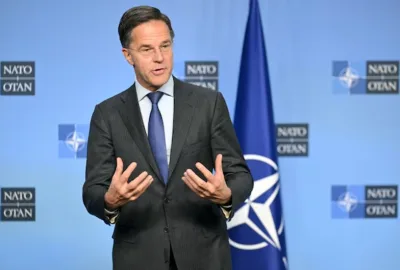Nearly 13 years ago, when even inside the high-security African Union Mission to Somalia (Amisom) camp…
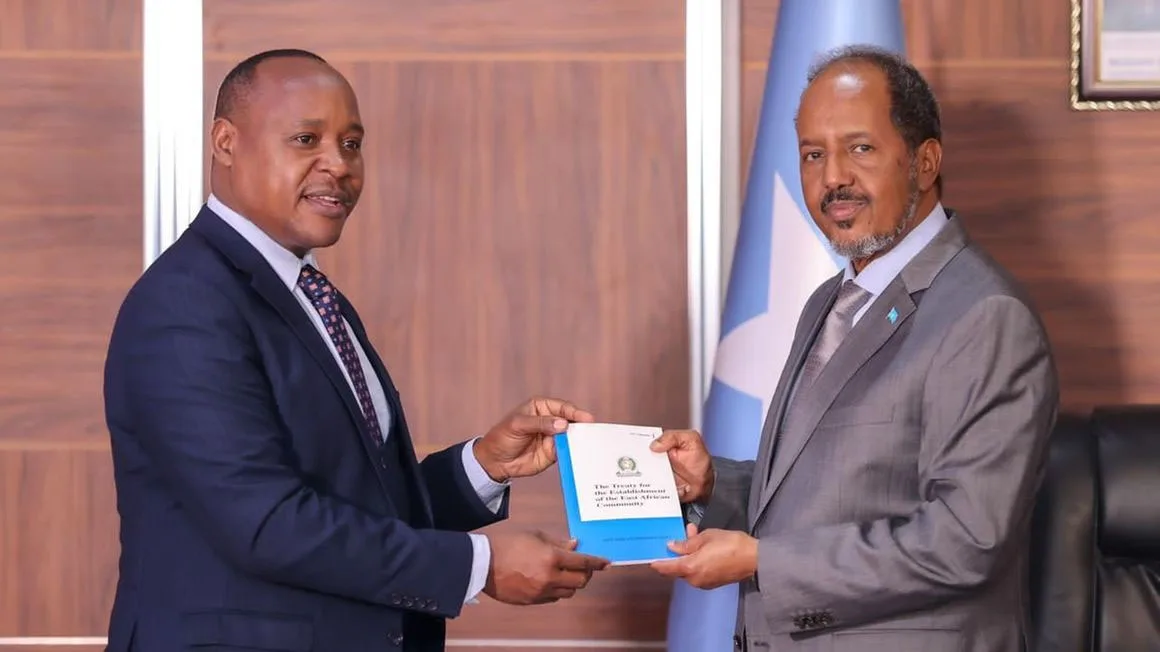
Nearly 13 years ago, when even inside the high-security African Union Mission to Somalia (Amisom) camp they wouldn’t allow visiting journalists to step out of their rooms at the media reception centre to smoke without a flak on, we arrived in Mogadishu, which was mostly bombed out buildings. A Ugandan commander with the country’s Amisom contingent said the place “looked like a lunar surface”.
The difference between Mogadishu today and then is like day and night. Amisom has morphed into the AU Transition Mission in Somalia (ATMIS). A verification team from the East African Community is about to leave Mogadishu, where they had gone to sniff for signs that Somalia has what it takes to be admitted to the bloc.
Most East Africans, going by commentary and reporting in mainstream media and social media rants, think admitting Somalia is madness and would be the death of the EAC. The country, they argue, is still too much of a mess and riven by conflict. And, unlike the Democratic Republic of Congo and South Sudan, which were admitted while parts of them were still roiled by conflict, Somalia is splintering and has to contend with autonomous, breakaway territories like Somaliland and Puntland. But, mostly, the fear is that admitting Somalia would open doors for the violent extremist group Al-Shabaab to sow terrorism everywhere in the EAC.
Inevitable result of Amisom
However, in that long-ago Mogadishu, I met a man, an economist and officer in the Ugandan contingent, who told me the inevitable result of Amisom would be the entry of Somalia into the EAC. He was an unusual fellow to find in an African peacekeeping mission at the time, although I have lately met a few more like him. He was twitchy, bookish, contrarian, and didn’t look like someone who would shoot an Al-Shabaab militant even in self-defence.
I pressed him to explain. His answer was left field. He said it was important to appreciate that Amisom was the most significant economic activity in Mogadishu. Supplying Amisom was lucrative. It offered some of the best jobs to local subcontractors. You needed its protection to trade without extortion. Everything, including al Shabaab, passed through Amisom. The result was that it had also become a massive patronage machine.
The Somalis who got the most out of Amisom, working as clerks, translators and contractors, were the ones who could speak Kiswahili with what, at the time, were mostly Ugandan and Burundi troops, as Kenya hadn’t yet entered the Somalia fray. The consequence of it, he argued, was that Somalia was getting rapidly “Kiswahilised,” a process hastened by its nationals returning from the refugee camps in Kenya, where they had learnt Kiswahili.
Invited to join
Somalia had not come to East Africa. East Africa had come to Somalia. Somalia, he would argue today, isn’t applying to join the EAC. It was invited to join.
The case for Somalia membership rests on the fact that the EAC is no longer the animal it was in 2001; an Anglophone Club of Three Gentlemen (Kenya, Tanzania and Uganda). Nearly all its current members have gone through very painful epochs in their history. It’s a Society of the Once-Wounded, a Sorority of the Undead. Against this background, that Somalia has seen so much turmoil is not the reason it should be disqualified for membership. It is the reason it should be admitted.
There is something else. The EAC was formed as a community of states, but in recent years it makes meaning mostly as a community of nations/peoples. Conflict, poverty, corruption, repression, and state incompetence in over half of the EAC led to it being a community of nations. South Sudan is unable to take advantage of the EAC as a state, and is a delinquent member, failing to pay its subscriptions.
Move freely
However, the South Sudanese people move freely in the EAC, play in sporting competitions, and contest in East African innovation competitions.
While, for 20 years, Somalia was used as a classic example of a failed state and was embroiled in civil war, the Somali nation succeeded. Scattered to all points of the globe as refugees and exiles, they built a global Somali network, became easily the most successful African business people out there, joined politics in their adopted countries, and got elected into office in decent numbers.
As a diasporic nation, Somalis became the first Africans collectively to have international clout that was greater than that of their native country. Only 20th-century global Jewry ever pulled off something like that, in having greater influence than Israel.
If peoples are becoming the juice in the EAC, then it doesn’t matter too much that their country is a shambles.
In any event, after the glorious EAC decade between 2006 and 2016, the bloc is becoming funk. Many borders that saw a period of enlightenment with the opening of one-stop border posts have fallen back into mean, corrupt hells for East African travellers and traders.
Airport experiences are as bad. Ten years ago, I would be waved through by a pleasant immigration officer asking, “what’s the latest news?” because I am a journalist. More recently, because I am a journalist in this same East Africa, I have been held up twice and asked to list everyone I expected to talk to while in the country. Once I made it through immigration, the people treated me like one of their own and not the “other” that the immigration officer saw.
The Somalis are not the other.


